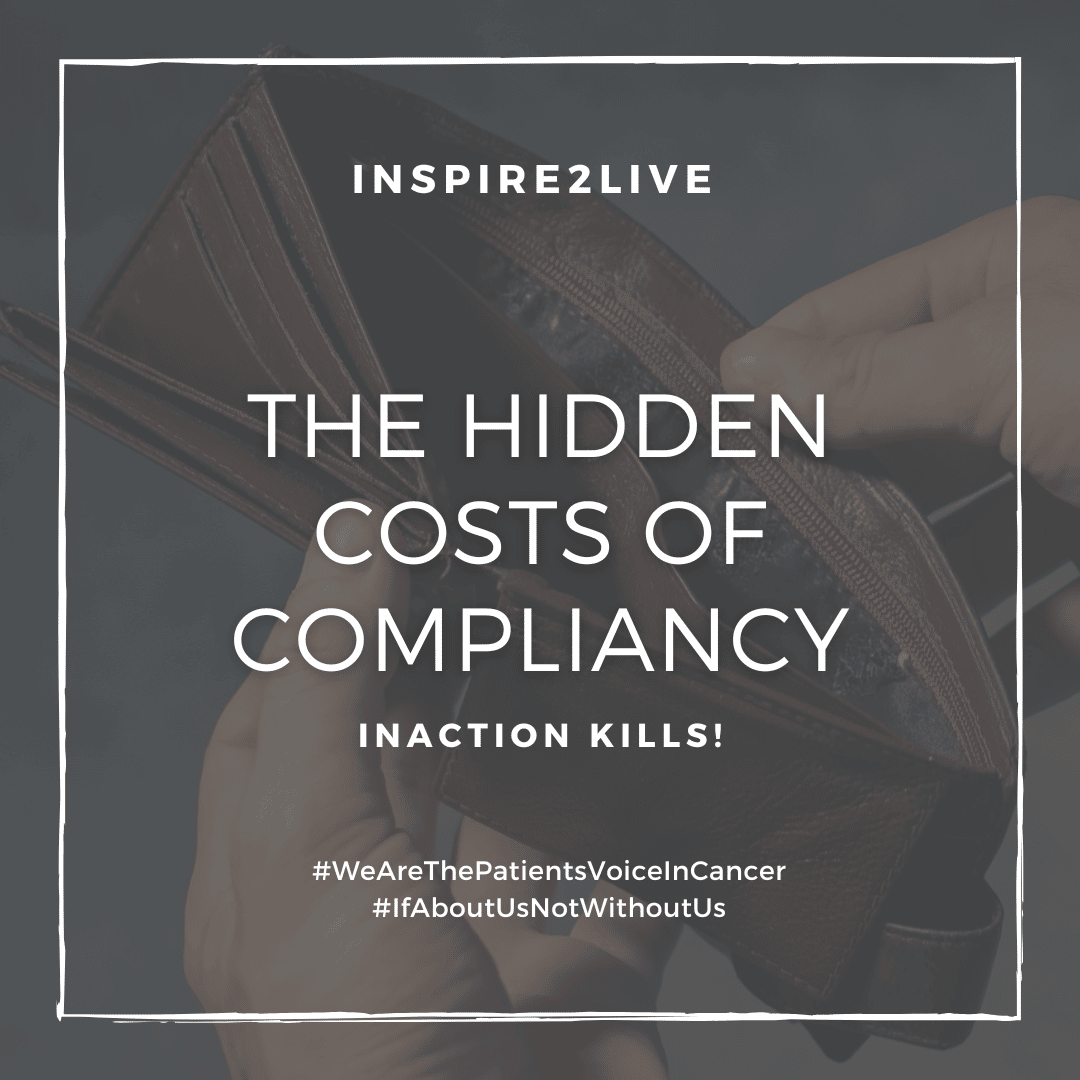To delay the development of treatment that cures a lethal disease that kills 100.000 people per year is to be responsible for the deaths of those 100.000 people, even if you’ve never seen them
~ Julian Savulescu, Romanian philosopher at the University of Oxford
Data is important. Nobody will argue with that. Data is important for research and treatments and therefore for patients. But we have to realise that data is ultimately meant to benefit patients: It’s not about the data, it’s not about the research, it’s not about the treatments – it’s about improving the quality of life for patients. And to achieve that, we need data, research and treatments.
When it comes to patient data, it is important to know that we are dealing with the data of the patient. The patient is, and should remain, the owner of the data. We know that patients almost always want to share their data, however in practice this often works differently. Researchers do not usually want to share data before publishing whereas after publication they are then obliged to. Industry does not usually want to publish the results of the trials “for commercial reasons”. There is, however, another reason why we often do not share – and that is privacy. We should not violate the privacy of patients and/or their loved ones with the sharing of patient data. Even if this is contrary to the wish of most patients.
Dealing with privacy has become a profession in its own right and this means that people depend on it to earn a living. They will now push for more regulations, because regulations mean work and through work they can earn money. The result of this is that data is now discussed by lawyers instead of with patients. The potential damage of this phenomenon is enormous. As Julian Savulescu puts it, “we do not work as fast as we could have, if we’d shared from the beginning and respected the wish of the patient who often says: It’s my data, use it!”.
The greatest damage is often to be found in the hidden costs of saying no. We do not see, or do not want to see, the consequences of not sharing. We might be legally compliant, but we are also morally responsible. Whether we like it or not, we are responsible for the death of millions of people. We can change that and save many lives in the process. Cancer is just one of many serious fatal diseases.
Inaction kills.
Peter Kapitein
Patient Advocate, Inspire2Live
*This is abridged version of a longer article Peter is currently working on

